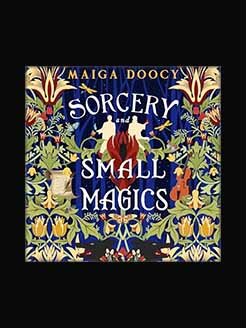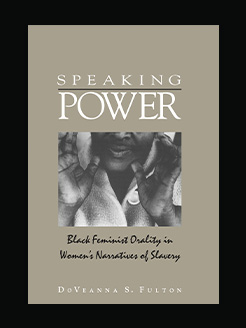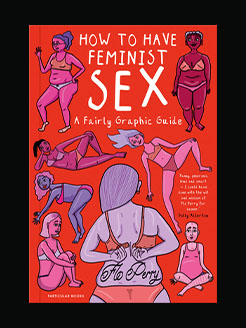Published in 2007
320 pages
Laurel Thatcher Ulrich is 300th Anniversary University Professor at Harvard University. She is the author of Good Wives: Image and Reality in the Lives of Women in Early New England, 1650-1750 (1982) and A Midwife’s Tale: The Life of Martha Ballard Based on Her Diary, 1785-1812 (1990) which won the Pulitzer Prize for History in 1991 and became the basis of a PBS documentary. In The Age of Homespun: Objects and Stories in the Making of an American Myth (2001), she has incorporated museum-based research as well as more traditional archival work. Her most recent book is Well-behaved Women Seldom Make History (2007). Her major fields of interest are early American social history, women’s history, and material culture.
What is this book about?
They didn’t ask to be remembered, Pulitzer Prize-winning author Laurel Ulrich wrote in 1976 about the pious women of colonial New England. And then she added a phrase that has since gained widespread currency: Well-behaved women seldom make history. Today those words appear almost everywhere on T-shirts, mugs, bumper stickers, plaques, greeting cards, and more. But what do they really mean? In this engrossing volume, Laurel Ulrich goes far beyond the slogan she inadvertently created and explores what it means to make history.
Her volume ranges over centuries and cultures, from the fifteenth-century writer Christine de Pizan, who imagined a world in which women achieved power and influence, to the writings of nineteenth-century suffragist Elizabeth Cady Stanton and twentieth-century novelist Virginia Woolf. Ulrich updates de Pizan’s Amazons with stories about women warriors from other times and places. She contrasts Woolf’s imagined story about Shakespeare’s sister with biographies of actual women who were Shakespeare’s contemporaries. She turns Stanton’s encounter with a runaway slave upside down, asking how the story would change if the slave rather than the white suffragist were at the center. She uses daybook illustrations to look at women who weren’t trying to make history, but did. Throughout, she shows how the feminist wave of the 1970s created a generation of historians who by challenging traditional accounts of both men’s and women’s histories stimulated more vibrant and better-documented accounts of the past.
Well-Behaved Women Seldom Make History celebrates a renaissance in history inspired by amateurs, activists, and professional historians. It is a tribute to history and to those who make it.







